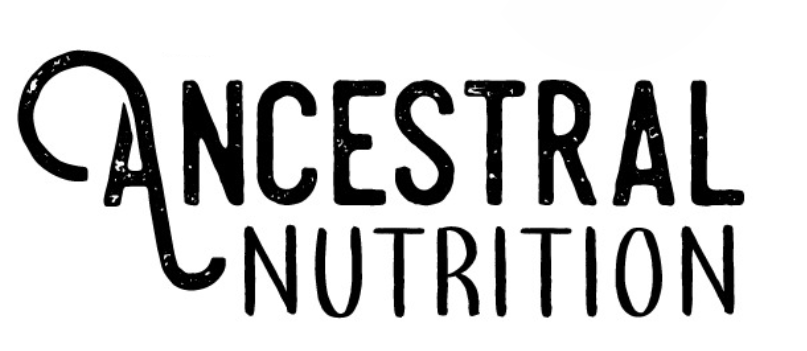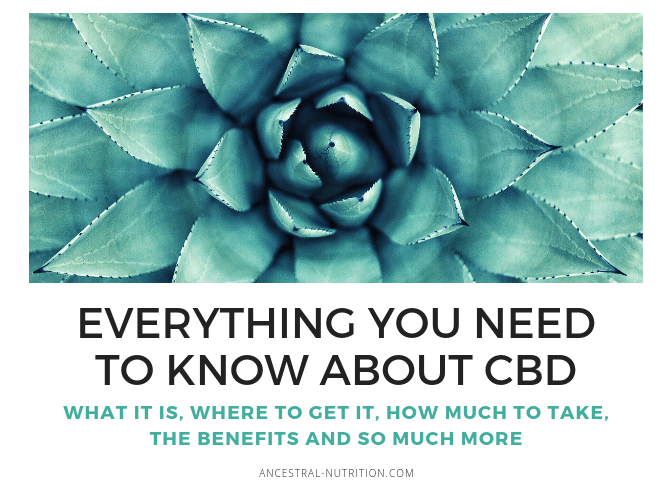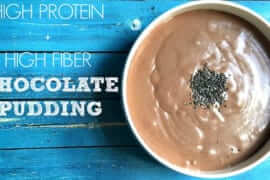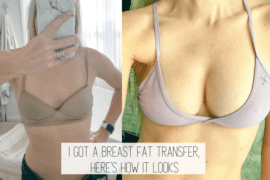CBD, or cannabidiol, has grown rapidly in popularity over the last year or two. And for good reason, emerging research demonstrates its efficacy for a wide range of symptoms – from seizures to anxiety to polycystic ovarian syndrome to PTSD.
As it turns out, while CBD is relatively new, there’s a significant amount of science and studies to back up just how beneficial it seems to be – with more science emerging all the time. While a wonder drug doesn’t exist, CBD is incredibly beneficial for a plethora of common ailments.
What is CBD?
CBD is a natural compound found in the cannabis plant. Unlike THC, which is also found in the cannabis plant, CBD does not have psychoactive properties.
What are the benefits of CBD?
One of the best features of CBD is that it doesn’t have just one benefit. Research has shown that it works on numerous bodily systems to improve overall health. For example, it can help alleviate anxiety while reducing arthritis while improving hormonal imbalance.
Unlike pharmaceutical drugs that target one specific condition, CBD is beneficial for several issues, even simultaneously. For example, while CBD has helped me tremendously with anxiety, it has also shown the be incredibly effective for seizure disorders like LGS and dravet syndrome.
One of the biggest benefits of CBD is its ability to reduce anxiety. CBD is an anxiolytic, aka an anxiety-reducer. Studies have demonstrated it’s anxiolytic effects, and this study in particular found it’s also beneficial for reducing social anxiety.
While I mainly use CBD for anxiety, a plethora of research has exhibited its beneficial effects:
- This study found that CBD buffers stress, reduces anxiety and regulates mood.
- Another study found that CBD lowers cortisol, the stress hormone.
- This study found that CBD can positively benefit hormone related cancers.
- This study demonstrates CBD’s anti-inflammatory effects (and keep in mind that basically all disease is driven by inflammation).
- This study found that transdermal (applied via the skin) CBD reduced pain and inflammation.
- This study found that CBD reduces chronic inflammation.
- CBD helps modulate and regulate CB2 receptors, which are mostly found in the gut. This makes it beneficial for IBS, ulcerative colitis and celiac (like me!) sufferers. Studies here and here.
How does CBD work?
In recent years, scientists discovered that we all have endocannabinoid systems. We basically have receptors in our bodies that utilize the receptors in CBD to reduce inflammation, pain, anxiety, gut disorders, depression, hormonal imbalance, etc. These receptors are referred to as CB1 and CB2 receptors.
Is CBD safe?
From the World Health Organization, “In humans, CBD exhibits no effects indicative of any abuse or dependence potential…. To date, there is no evidence of public health related problems associated with the use of pure CBD.”
Side effects are minimal. Those that do occur include stomach upset and drowsiness (while pharmaceutical drugs can include addiction, stroke, increased risk of heart disease, suicidal thoughts, etc).
It would be next to impossible to take too much CBD. There is no risk of addiction or overdose.
Will CBD get me high? Is it addictive?
No and no. While many CBD companies on the market have 0% THC, some also offer what’s called full spectrum CBD. While there can potentially be more benefits to full spectrum, this means that there is a small amount of THC, usually around .3% – not enough to get you high. I absolutely hate the feeling of being high and not in control of myself, so I opted for a brand with 0% THC.
CBD does not bind to receptors in the brain, which makes drugs like heroin addictive. CBD modulates and regulates receptors in the brain, making it both incredibly effective and non-addictive.
How CBD has helped me!
My son was born in August of 2018. My first son was born four months premature in August 2016. Therefore, my second pregnancy was extremely stressful.
While I waited for my stress level and overall anxiety to subside after giving birth – it didn’t. It changed, instead of having general anxiety I developed very weird, illogical phobias. I think this was in large part due to the fact that my son was one of the worst sleepers we’ve ever heard of.
Truly, we hired a sleep consultant who had never dealt with such a difficult sleeper. She, nor any of her colleagues, had encountered a child that had such difficulty sleeping. She suggested we see a specialist. It was that bad.
Getting maybe three to four hours of interrupted sleep a night for months on end will do weird things to you.
I started taking CBD in February of 2019 and didn’t notice a huge difference at first. I took these 25mg capsules because I know myself and I’ll never remember to take tincture (and I’m too lazy to properly dose it myself). I wanted something already dosed out that I could add to my daily supplements.
Within a week I felt better. I actually noticed a difference. Within two weeks, my strong pangs of anxiety that would come and go all day were gone. I’ve had maybe two pangs of anxiety like that, that overwhelming, drowning feeling. For a few seconds, in over three months. It used to be several times everyday. Now it’s barely at all. The anxiety I lived with for the past ten years in almost non-existent.
I also love CBD because I know it’s helping so many other areas of my health that I’m not even aware of. As I mentioned above, CBD doesn’t have just one mechanism of action. It has hundreds. It’s anti-inflammatory, it calms the nervous system, it balances hormones and so much more. I honestly love it and plan to take it for life.
Where to get CBD and how much to take!
I partnered with Medterra because I love the quality of their product. I also love that they offer capsules as opposed to just a tincture. I personally find capsules to be incredibly convenient. You can use code ANCESTRAL15 for 15% off your entire order!
I take one 25mg capsule a day. That’s what I started with and that’s what I’ll stick with. I think it would be a good idea to start small and increase incrementally until you notice a difference. For example, start at 10mg for a week, if no noted benefit, increase to 20mg, etc. I started at 25mg and I will stay at 25mg. It works for me.
Can you take CBD while pregnant or breastfeeding?
Here is where the science is lacking. There haven’t been many studies done on CBD supplementation during pregnancy or while nursing. Personally, I didn’t take it during pregnancy or while nursing and I kind of wish I would have because of its general safety history and because I struggled A LOT emotionally during this time.
I’m not saying it’s safe to take while pregnant or breastfeeding, but for me and how intensely stressed I was, I think I would have benefited from taking it while breastfeeding.
Bottom line: the jury is out. It could be safe, or it may not be. I tend to think that in the coming years we will have more studies to back up its safety during pregnancy and breastfeeding. But we’re just not there yet.
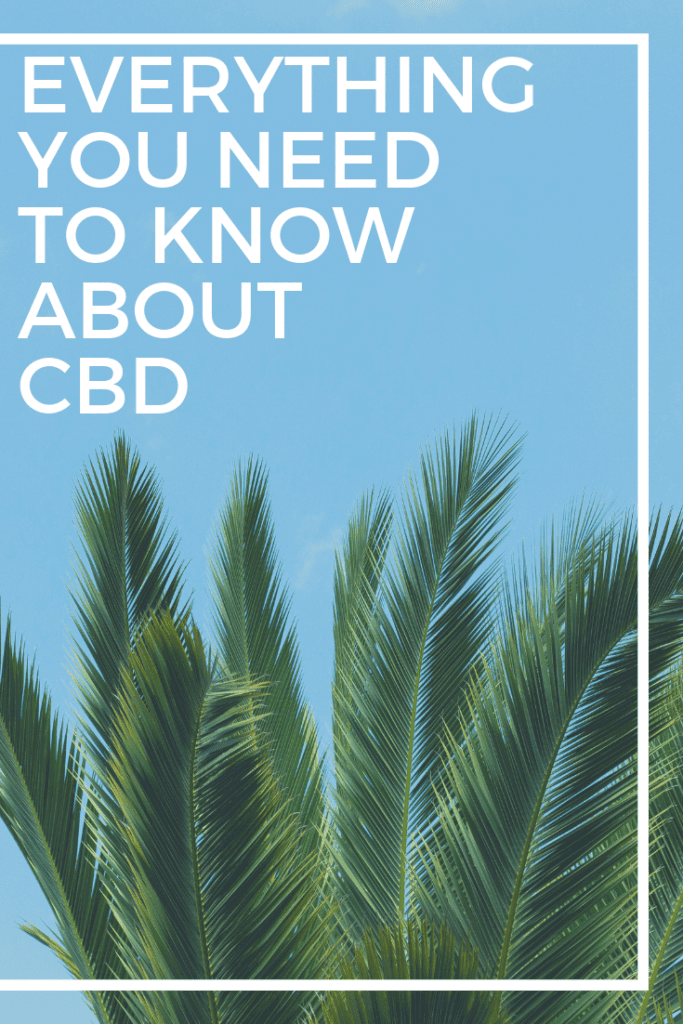
Additional Sources:
https://www.ncbi.nlm.nih.gov/pmc/articles/PMC6043845/
https://www.ncbi.nlm.nih.gov/pubmed/26341731
